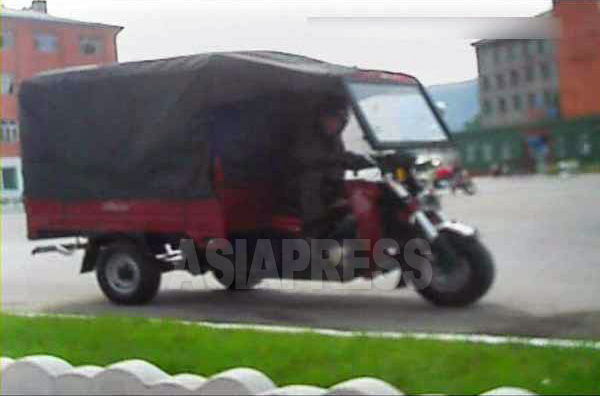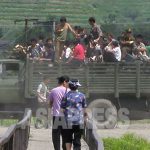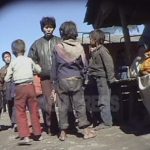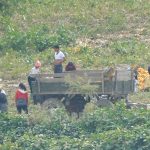
The United Nations has imposed a full range of economic sanctions North Korea, in response to the country’s missiles launches and nuclear tests. Under the tough international sanctions, the North Korean economy is struggling. ASIAPRESS has been researching consumer price changes inside the DPRK. Some reporting partners reported that the price of staple foods, like corn, remain unchanged. The price oil is on the rise, however. Especially in Yanggang Province in northern North Korea.
The following is a list of consumer prices from the markets in northern Yanggang Province, from the end of September to October 6.
Oil: 17,000 Won (KRW 2,400 Won)
Diesel: 10,000 Won (KRW 1,400 Won)
Rice: 5,500 Won (KRW 770 Won)
Corn: 2,400 Won (KRW 340 Won)
Actual rate for 1 Chinese Yuan = 1,230 Won
(Price=kg, North Korean Won)
- 100 CNY = Korean Won 17,100
The prices of oil and diesel dropped and the price of staple foods is unchanged, compared to those of September.
As the fuel price rises, the operation of tricycle taxies, much favored by residents as a mode of short range transportation, decreased as fares have risen.
A reporting partner who carried out the survey said, “there are less tricycle taxes because of the higher fuel costs. Taxis aren’t even accepting 150 Chinese Yuan for travelling 100km. It used to be 70 Yuan, before.”
Meanwhile, there is a rumor doing the rounds in the northern provinces that Chinese goods will soon not be available from merchants operating close to the Sino-North Korean border. This is said to be because China has joined the UN economic sanctions. But DPRK authorities claim that this rumor is groundless. ASIAPRESS reporting partners unanimously agree that there is no change in North Korean market operation and consumer prices.
*ASIAPRESS sends Chinese mobile phones into North Korea to cover the inside story.
 * Editor’s notes on North Korean reporters
* Editor’s notes on North Korean reporters
ARCHIVE(pdf) >>
DPRK MAP >>





![<Inside N. Korea> The Deteriorating Plight of the People (3) Economy Reaches State of Panic [ISHIMARU Jiro]](https://www.asiapress.org/rimjin-gang/wp-content/uploads/2021/07/mage-2021-07-12-at-17.00.32-150x150.jpeg)



















